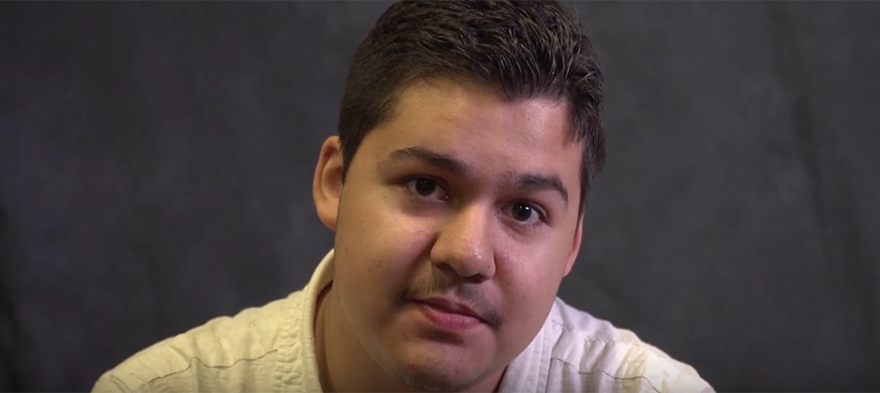
Dec 7, 2017 12:00:00 AM
Chyrise Harris was formerly the Chief Communications Officer for brightbeam, formerly known as Education Post, where she oversaw a variety of brand development, strategic communications and storytelling initiatives designed to shape the organization's reputation and impact. She joined Education Post to amplify the unique voice and experience of students, parents and teachers in schools across the country. She previously lead brand development, marketing and communications at STRIVE Preparatory Schools, one of Denver's largest public charter school networks. Prior to that she worked in the communications office at Denver Public Schools where she supported communications for one of the district's largest turnaround efforts. She also managed a portfolio of regional schools, using marketing and communications to support school choice and student enrollment. She built a foundation for communications at Siegel+Gale, a global brand strategy firm headquartered in New York. Chyrise is a product of public schools in Colorado and believes that every child—regardless of race, economic circumstance, or ability—deserves the opportunity to choose and access a free and exceptional education. Chyrise has a bachelor's in journalism and technical communications from Colorado State University and holds a master’s in global marketing communications and advertising from Emerson College in Boston.
The story you tell yourself about your own math ability tends to become true. This isn’t some Oprah aphorism about attracting what you want from the universe. Well, I guess it kind of is, but...
If you have a child with disabilities, you’re not alone: According to the latest data, over 7 million American schoolchildren — 14% of all students ages 3-21 — are classified as eligible for special...
The fight for educational equity has never been just about schools. The real North Star for this work is providing opportunities for each child to thrive into adulthood. This means that our advocacy...
Your donations support the voices who challenge decision makers to provide the learning opportunities all children need to thrive.
Ed Post is the flagship website platform of brightbeam, a 501(c3) network of education activists and influencers demanding a better education and a brighter future for every child.
© 2020–2024 brightbeam. All rights reserved.
Leave a Comment